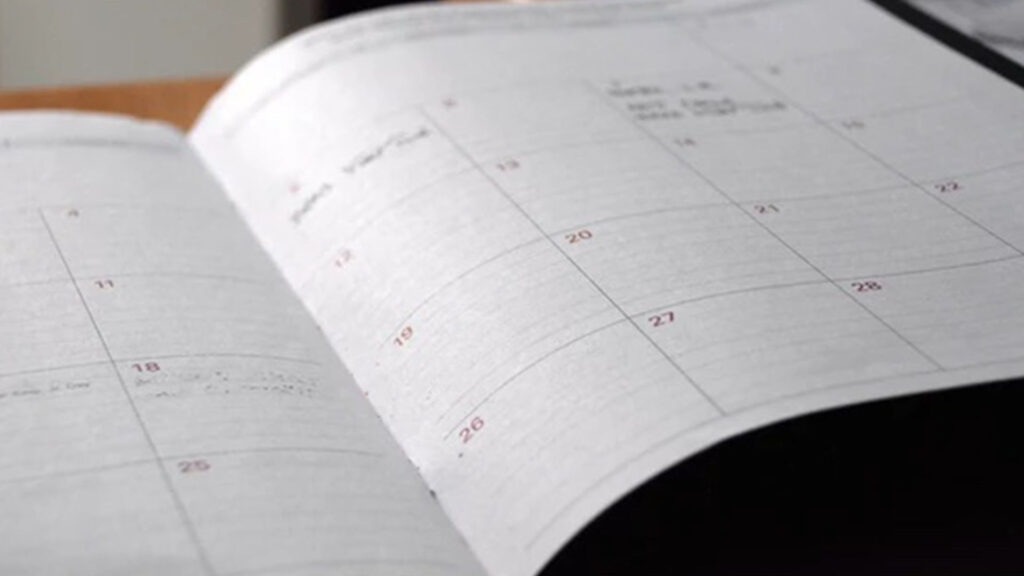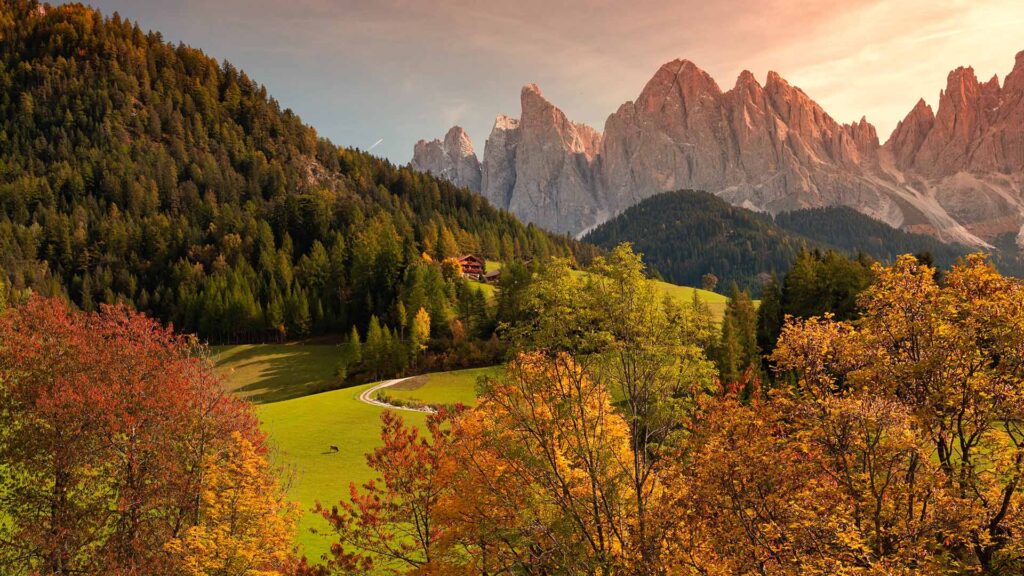The European Sunday Alliance releases statement on synchronised free time in the EU
The European Sunday Alliance releases statement on synchronised free time in the EU
 The European Sunday Alliance calls on EU political leaders âto put synchronised free time as a priority on the social policy agendaâ. In a statement released on Wednesday 3 March 2021, the Alliance – of which COMECE is a member – encourages the EU Commission to align its upcoming proposal for a directive on a right to disconnect with Article 2 of the Council of Europeâs Social Charter.
The European Sunday Alliance calls on EU political leaders âto put synchronised free time as a priority on the social policy agendaâ. In a statement released on Wednesday 3 March 2021, the Alliance – of which COMECE is a member – encourages the EU Commission to align its upcoming proposal for a directive on a right to disconnect with Article 2 of the Council of Europeâs Social Charter.
On the occasion of the International Day for a work-free Sunday, the European Sunday Alliance urges the EU institutions to put synchronised free time as a priority on the social policy agenda, especially âin times where the Covid-19 pandemic has accelerated existing challenges of digitalisation by intensifying work and extending working hours, thus putting a healthy work-life balance at risk for more peopleâ â reads the statement.
The Alliance encourages the European Commission to align its upcoming proposal for a directive on a right to disconnect with article 2 of the Council of Europe’s Social Charter, which firmly requires âa weekly rest period which shall, as far as possible, coincide with the day recognised by tradition or custom in the country or region concerned as a day of rest.â
âRegrettably – reads the statement – in 1996 the EU working time directive was stripped of a provision to include Sunday as common day of rest for workers because the European Court of Justice found that the directive failed to explain why Sunday, as a weekly rest day, is more closely connected with the health and safety of workers than any other day of the week.â
Establishing a European right to disconnect is currently debated throughout Europe. Work-life balance, as well as healthy, safe and well-adapted work environments, are at the heart of the European Pillar of Social Rights, which all EU institutions and Member States government have committed to implement.
COMECE is member and founder of the European Sunday Alliance. The Alliance is a broad network of more than 100 national Sunday alliances, trade unions, employers’ organisations, civil society associations, churches and religious communities in the European Union. The Alliance is committed to raise awareness about the unique value of Sunday for our society and on the importance of a common day of rest.
In the run up to the International Day for a work-free Sunday, the Alliance carried out a video campaign on social media, raising awareness about the unique value of Sunday for our society and on the importance of a common day of rest.
Download





